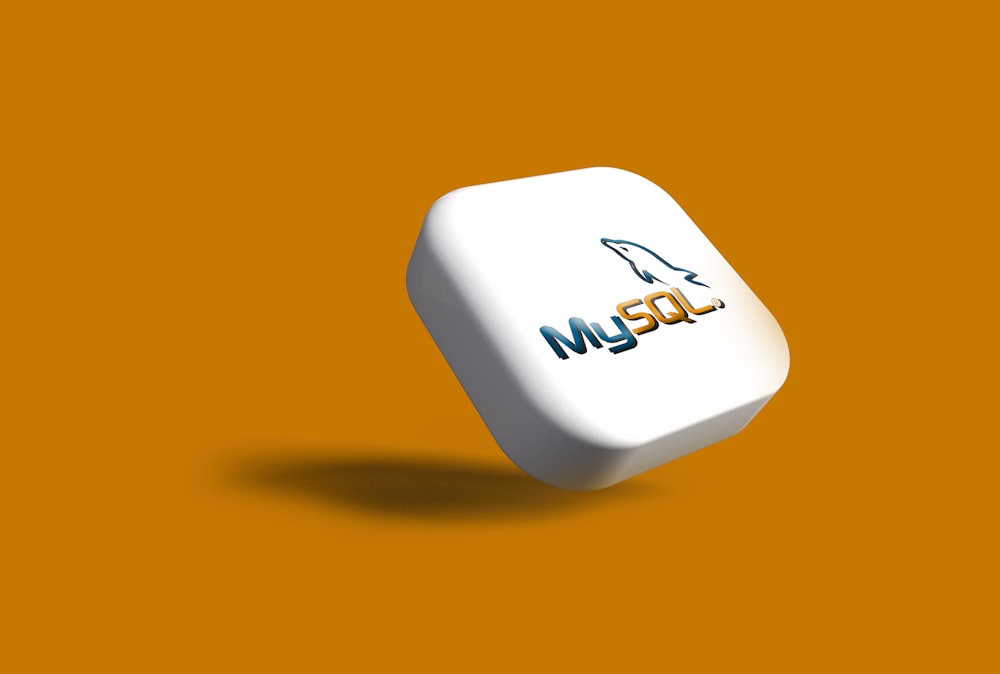Embracing NoSQL: Benefits and Use Cases in Modern Data Management

In a world increasingly driven by large volumes of diverse data, traditional database systems have struggled to keep pace. Enter NoSQL databases, a paradigm shift in database technology, designed to address the limitations of relational databases in handling vast, varied, and rapidly evolving datasets. This blog post explores the unique advantages of NoSQL databases and their application in various fields, offering insights into why and how they are revolutionizing data management.
I. What is NoSQL?
NoSQL, standing for "Not Only SQL," represents a broad category of database management systems that diverge significantly from traditional relational databases. These systems are designed to be more inclusive of diverse data types and structures, ranging from unstructured text to semi-structured logs and JSON documents. Key types of NoSQL databases include:
- Document Databases: Store data in document-like structures (e.g., JSON, BSON). Ideal for content management systems and e-commerce applications.
- Key-Value Stores: Simple yet powerful, perfect for caching and storing user sessions.
- Wide-Column Stores: Optimize for queries over large datasets, making them suitable for analyzing big data.
- Graph Databases: Designed to handle interconnected data, they are excellent for social networks, recommendation engines, and fraud detection systems.
II. Advantages of NoSQL Databases:
- Flexibility: Unlike SQL databases, NoSQL databases do not require a fixed schema. This flexibility allows for the easy incorporation of new data types and structures, making them ideal for rapidly evolving business requirements and applications dealing with diverse datasets.
- Scalability: NoSQL databases are built to scale out by distributing data across multiple servers, often in cloud-based environments. This horizontal scaling is more cost-effective and efficient than the vertical scaling typical of SQL databases.
- High Performance: NoSQL databases are optimized for specific types of queries and operations, such as large-scale data retrieval or real-time analytics. This leads to performance gains, especially in read-intensive applications.
- Agility: The schema-less nature of NoSQL databases supports agile development methodologies. Developers can iterate quickly without being constrained by rigid data models, thereby accelerating the development process.
III. Use Cases of NoSQL:
- Big Data Applications: NoSQL databases are adept at handling petabytes of data from various sources, including social media feeds, sensor data, and log files. Their ability to process and analyze such volumes of data in real time is invaluable for big data applications.
- Real-Time Analytics: In scenarios where decisions must be made rapidly, such as financial trading or emergency response, NoSQL databases provide the necessary speed and efficiency for real-time data processing and analytics.
- E-commerce Platforms: NoSQL databases support the dynamic and personalized nature of modern e-commerce platforms. They handle product catalogs, customer preferences, and transaction data, enabling real-time recommendations and seamless user experiences.
- Internet of Things (IoT): The IoT generates massive amounts of diverse data. NoSQL databases manage this effectively, providing the scalability and flexibility needed to process and analyze data from millions of IoT devices.
- Mobile Applications: Mobile applications often require the management of diverse data types and user-generated content. NoSQL databases offer the scalability and performance necessary to provide a smooth user experience in mobile apps.
IV. Comparing NoSQL and SQL:
Comparing NoSQL with traditional SQL databases reveals distinct advantages and disadvantages. SQL databases, with their structured query language and strict schema, ensure data integrity and are ideal for complex queries. However, they may fall short in scalability and flexibility. NoSQL databases, on the other hand, offer scalability, flexibility, and high performance for specific types of queries but can present challenges in ensuring transactional consistency and data integrity. The choice between NoSQL and SQL often depends on the specific requirements of the application, including the nature of the data, the scalability needed, and the complexity of the queries.
V. Challenges and Considerations:
Adopting NoSQL databases is not without its challenges. One of the primary concerns is ensuring data consistency, particularly in distributed environments. Additionally, the lack of standardized query language in NoSQL databases can lead to a steeper learning curve for developers accustomed to SQL. There is also the consideration of integrating NoSQL databases into existing IT infrastructures, which often requires careful planning and execution.
VI. Future of NoSQL:
NoSQL databases continue to evolve, with trends such as increased integration with AI and machine learning, enhanced security features, and developments in cloud-based NoSQL services. As data continues to grow in volume and variety, NoSQL databases are poised to play an even more critical role in data management and analysis.
Conclusion:
NoSQL databases offer a powerful alternative to traditional relational databases, particularly in applications that require scalability, flexibility, and the ability to handle diverse data types. While they present certain challenges, their advantages make them a compelling choice for many modern applications. As data management continues to evolve, NoSQL databases will undoubtedly remain at the forefront of innovation, driving new possibilities in data processing and analytics.




































